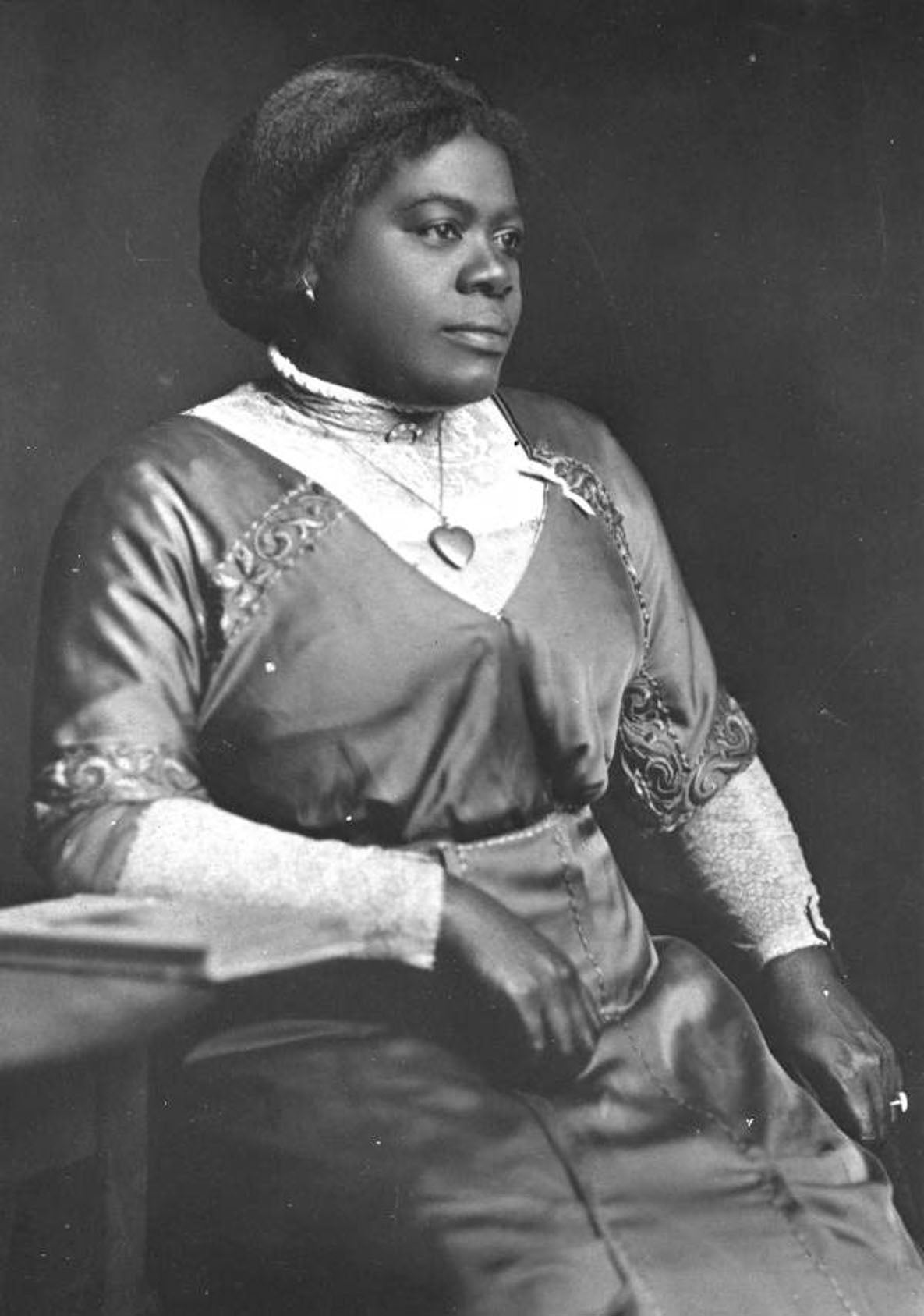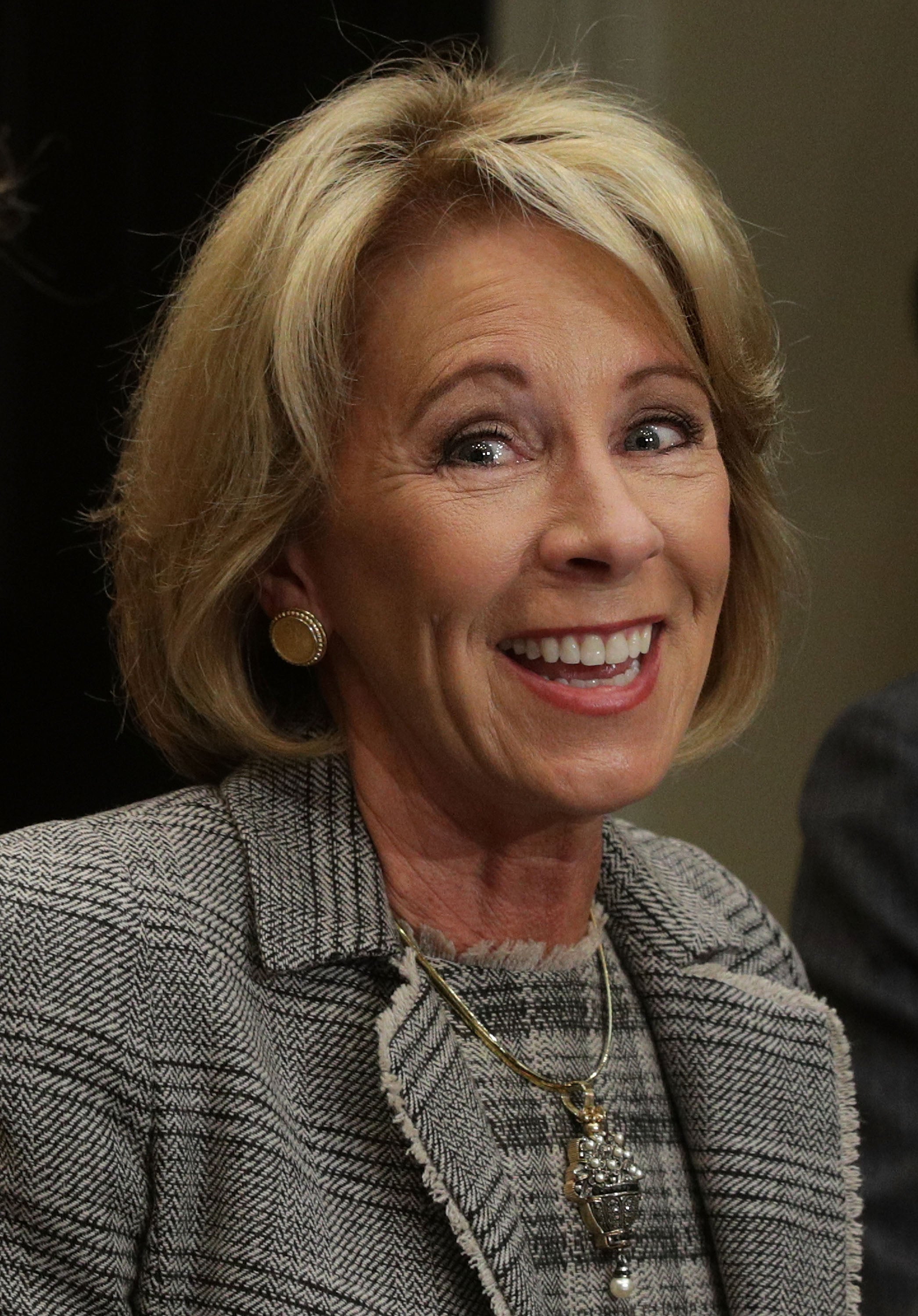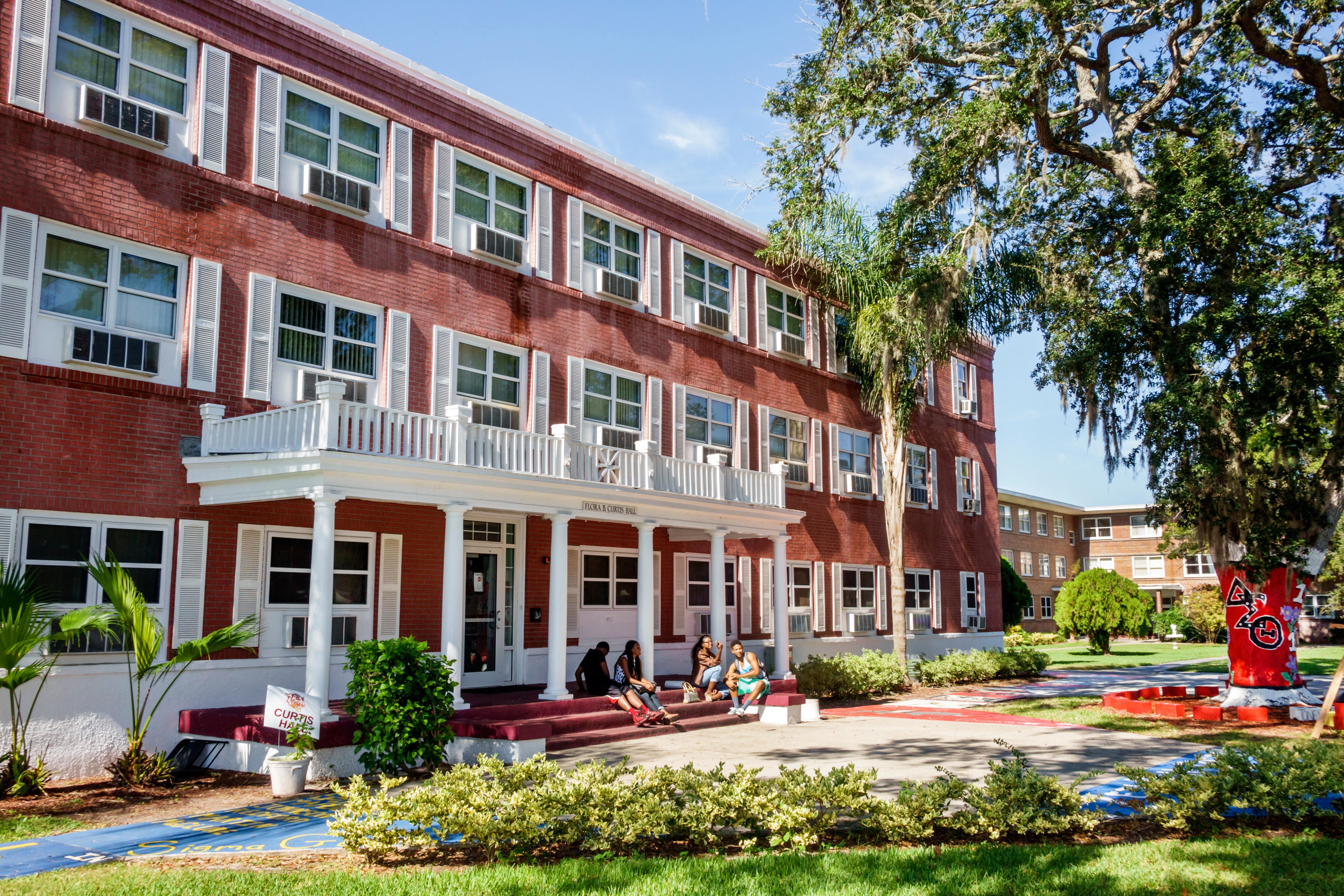Food is more than just nourishment—it’s history, love, and the heart of our culture. For Grammy-winning singer, songwriter, and entrepreneur Kandi Burruss, along with her daughter Riley Burruss, the kitchen is where family bonds strengthen, stories unfold, and traditions come to life.
In an exclusive sit-down, the mother-daughter duo invites us into their world to celebrate the flavors that connect generations. From the unmistakable aroma of home-cooked meals to the joy of passing down cherished recipes, Kandi and Riley remind us that food is a love language—and Coca-Cola® is the refreshing companion that makes every moment even more special.
A Legacy Served with Love
For Kandi, cooking isn’t just about the meal—it’s about uplifting family traditions and honoring the past. “Some of my best moments with family have been in the kitchen,” she shares. “There’s something special about preparing a dish that’s been in the family for years. It keeps us connected to our roots.”
Riley, who has grown up watching her mom master both the stage and the kitchen, agrees. “Food is a huge part of our family traditions,” she says. “And I love that I get to learn these recipes and carry them forward. It’s not just about eating—it’s about keeping our connections strong across generations.”
Flavors That Bring Us Home
As they prepare their favorite dishes, Kandi and Riley reflect on how cooking together is about more than just the food—it’s about togetherness and celebrating the love that makes every meal special. Whether it’s a Sunday soul food spread or a quick meal shared between busy schedules, every bite tells a story. And with Coca-Cola®’s crisp, refreshing taste, the experience is made even sweeter.
“There’s just something about having an ice-cold Coke with a good home-cooked meal,” Kandi says with a smile. “It’s been a part of our family gatherings for as long as I can remember. It’s that perfect, refreshing finish that makes every meal feel like a celebration.”
Bringing Culture to the Table
At ESSENCE, we celebrate the beauty of Black culture—and that includes the flavors, traditions, and stories that define who we are. Kandi and Riley’s journey through food is a reminder that our history lives in the meals we share, the joy we pass down, and the love we pour into every dish.
So, whether you’re recreating a beloved family recipe or making new memories at the table, let every bite be a tribute to the generations that came before us. And with Coca-Cola® by your side, every meal is a moment of uplift, connection, and refreshment worth savoring.
Watch the full video above and get inspired to celebrate your own family traditions!


















